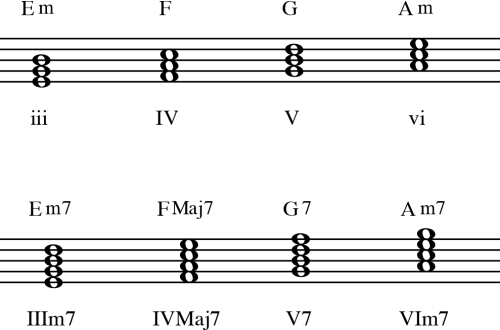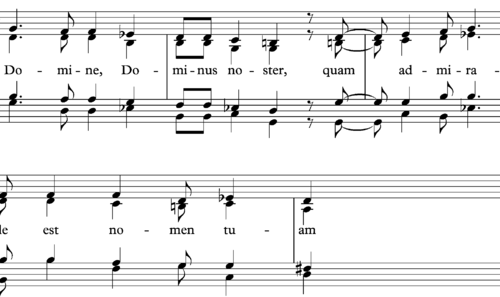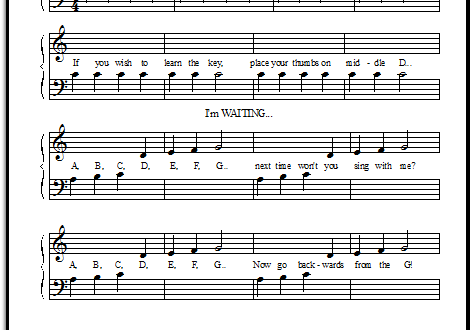
Music calendar – February
In musical history, February was marked by the birth of such great composers as Alexander Dargomyzhsky, Georg Friedrich Handel and Felix Mendelssohn.
But the theatrical community did not remain offended. This month saw the premiere of such great creations as Mussorgsky’s Boris Godunov and Khovanshchina, Rossini’s The Barber of Seville and Puccini’s Madama Butterfly.
Their music touches our hearts
3 February 1809 year appeared to the world in Hamburg, Germany Felix Mendelssohn-Bartholdi. Schumann called him the Mozart of the 19th century. With his work, he sought to raise the musical culture of German society, strengthen national traditions, and educate educated professionals. And to the music of his famous wedding march, which has been sounding for 170 years, millions of people all over the world have been married.
14 February 1813 year in the village of Voskresensky, Tula province, was born Alexander Dargomyzhsky, the future harbinger of realism in Russian music. In his home education, a large place was given to theater, poetry, and music. It was the love of art instilled in childhood that determined the further passion for playing the piano and composition. His desire to reveal the truth of life by musical means was realized in operas, in particular, in “Mermaid”, and in romances, and in orchestral works.
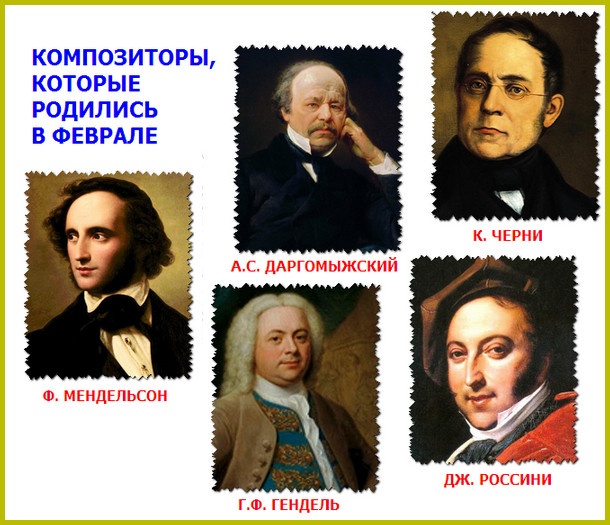
21 February 1791 year a boy was born in Austria, whose name is known today to every young pianist, Carl Czerny. A student of Beethoven, he created a unique pianistic school, including numerous exercises, etudes of varying complexity, allowing pianists to gradually master the most diverse techniques of playing the piano. Franz Liszt was one of Czerny’s most famous students.
23 February 1685 year saw the world a man whose name became one of the most famous in the history of music – Georg Friedrich Handel. The creator of the Enlightenment, he anticipated the rapid development of the genres of oratorio and opera, he was close to the civil pathos of L. Beethoven, and the operatic drama of K. Gluck, and romantic trends. Interestingly, Germany and England are still arguing over the citizenship of this composer. In the first he was born, and in the second he lived most of his life, becoming famous.
Romans A.S. Dargomyzhsky “I loved you” (verses by A.S. Pushkin) performed by Vladimir Tverskoy
29 February 1792 year in Italian Pesaro a boy was born, whose name took a special place among Italian composers, Gioacchino Rossini. He began to create at a time when the Italian opera began to lose its dominant position, turning into a meaningless entertainment performance. The success of Rossini’s operas, the pinnacle of which was The Barber of Seville, was due not only to the incredible beauty of the music, but also to the composer’s desire to fill them with patriotic content. The operas of the maestro caused a great public outcry, which led to long-term police surveillance of the composer.
Magic skill of singing
13 February 1873 year was born in Kazan in a poor peasant family Fedor Chaliapin, became the greatest performer of our time. Success was brought to him by two qualities with which he was endowed in full: a unique voice and inimitable acting skills. Having started working as an extra in the Kazan traveling troupe, at first he often changed his place of work. But thanks to singing lessons from the then-famous singer Usatov and the support of the philanthropist Mamontov, Chaliapin’s career quickly took off and led him to the pinnacle of creative success. The singer, who emigrated to the United States in 1922, remained a Russian singer until the end of his life, did not change his citizenship, his ashes were transported to Moscow and buried in the territory of the Novodevichy cemetery.
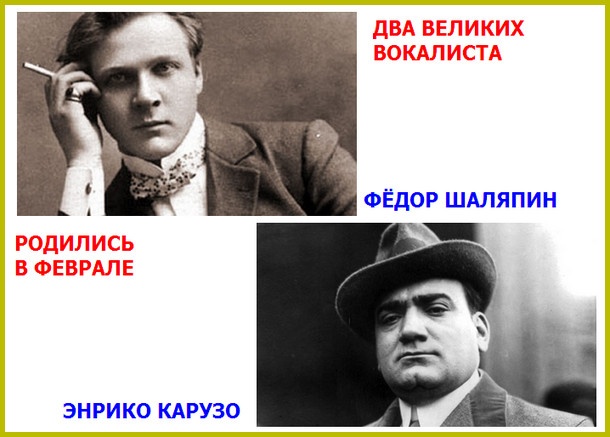

In the same year, 1873, on February 24, on the outskirts of Naples, another singer was born, who became a legend – Enrico Caruso. In Italy at that time it was extremely difficult to break into the big stage. Only tenors of the 1st class were registered more than 360, which was quite common for such a “singing” country. However, exceptional vocal skills and a chance (a small role in the opera “The Friend of Francesco” in which Caruso sang better than the lead soloist) allowed him to rise to the peak of popularity.
All partners and partners on the stage noted his charming passionate voice, the richest palette of feelings in singing and his huge natural dramatic talent. Such a storm of emotions simply could not remain unexpressed, and Caruso was periodically noted in gossip columns for his extravagant antics, jokes and scandalous incidents.
Greatest Premieres
In February, the premieres of two of the most ambitious operas by M. Mussorgsky, which have not left the stage to this day, took place. 8 February 1874 year premiered at the Mariinsky Theater “Boris Godunov” works both glorified and persecuted. Real success came in 1908, when Fyodor Chaliapin performed the part of Boris in a production in Paris.
And after 12 years, 21 February 1886 year, already after the death of the composer, by the members of the musical and drama circle in St. Petersburg, was staged opera “Khovanshchina” The real birth of the performance was the Moscow production on the stage of Savva Mamontov’s Private Opera in 1897, where the part of Dosifey was performed by the same Chaliapin.
The scene of Martha’s divination from the opera “Khovanshchina” by M.P. Mussorgsky
17 February 1904 year saw the light Puccini’s opera Madama Butterfly. It was staged at Milan’s La Scala. It is interesting that the premiere of this performance, like the other two most popular operas to date – “La Traviata” and “The Barber of Seville”, turned out to be a failure. With the last chords, a flurry of booing, crowing and obscenities fell upon the performers. Depressed by what had happened, Puccini canceled the second performance, although the move entailed the payment of a large forfeit. The composer made adjustments, and the next production was a huge success in Brescia, where the conductor was Arturo Toscanini.
20 February 1816 year in Rome, another significant premiere took place – on the stage of the theater “Argentina” was staged Rossini’s opera The Barber of Seville. The premiere was not successful. Fans of Giovanni Paisello, whose opera of the same name had been on the stage for 30 years, booed Rossini’s creation and forced him to secretly leave the theater. This circumstance was the reason for the slower growth in the popularity of the play.
Author – Victoria Denisova




